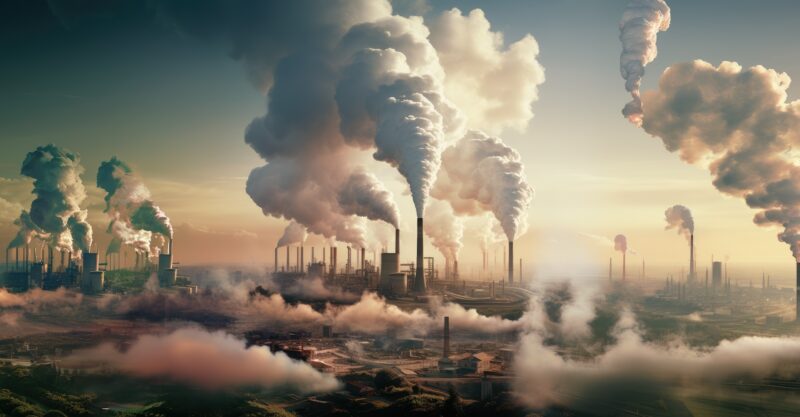Limiting the rise in temperatures to 1.5°C remains a major challenge that requires immediate and concerted actions on a global scale. This is the alarming conclusion of the report “Global Energy and Climate Outlook 2024”, published by the European Commission. This document highlights the persistent gap between international climate commitments and the reality of greenhouse gas emissions, emphasizing the urgency of increased collective effort.
The G20 Under Pressure to Accelerate the Transition
According to analyses from the Joint Research Centre of the European Commission, G20 countries, which represent the majority of global emissions, will need to achieve at least 50% non-fossil electricity by 2035. Furthermore, electricity should account for at least 35% of their total energy consumption to maintain the goal of the Paris Agreement.
In addition to decarbonizing the energy sector, the report emphasizes the crucial role of carbon capture and storage (CCS), which will need to manage between 5 and 20% of industrial emissions. Optimizing natural carbon sinks, through more sustainable land and forest management, is also deemed essential to offset some of the residual emissions.
National Plans Expected to Reignite Dynamics
2024 marks a key milestone: all signatory countries of the Paris Agreement must publish their nationally determined contributions (NDCs) by 2035. These updated plans will be crucial for measuring the concrete efforts made by each state to reduce its carbon footprint.
In this context, the European Union reaffirms its commitment to becoming the first climate-neutral continent by 2050. To achieve this goal, it has set an interim target of reducing greenhouse gas emissions by 55% by 2030, an ambitious but necessary step to align its policies with climate imperatives.
A Report to Guide Decision Makers
This annual report aims to be a decision-making tool for governments, providing them with a solid scientific basis to adjust their climate strategies. As time is of the essence, the conclusions of the document remind us that every delay in climate action increases the risk of major disruptions, both environmental and economic. The challenge is global, but the responsibility lies with each nation.


